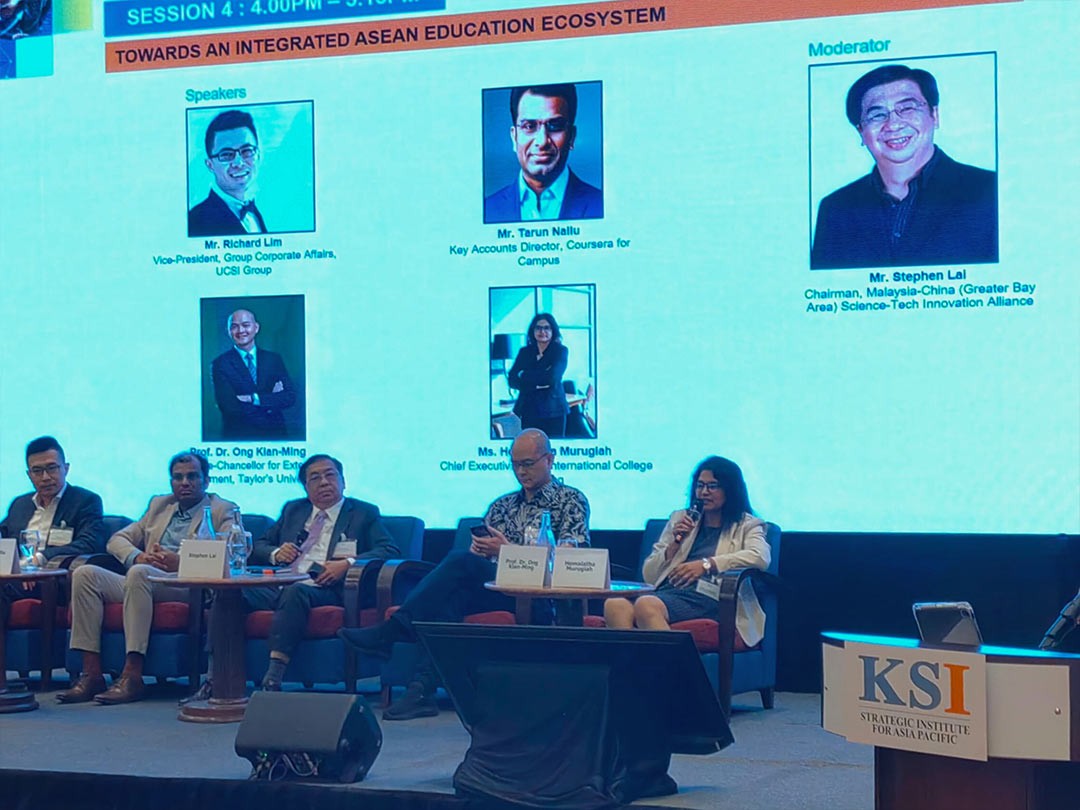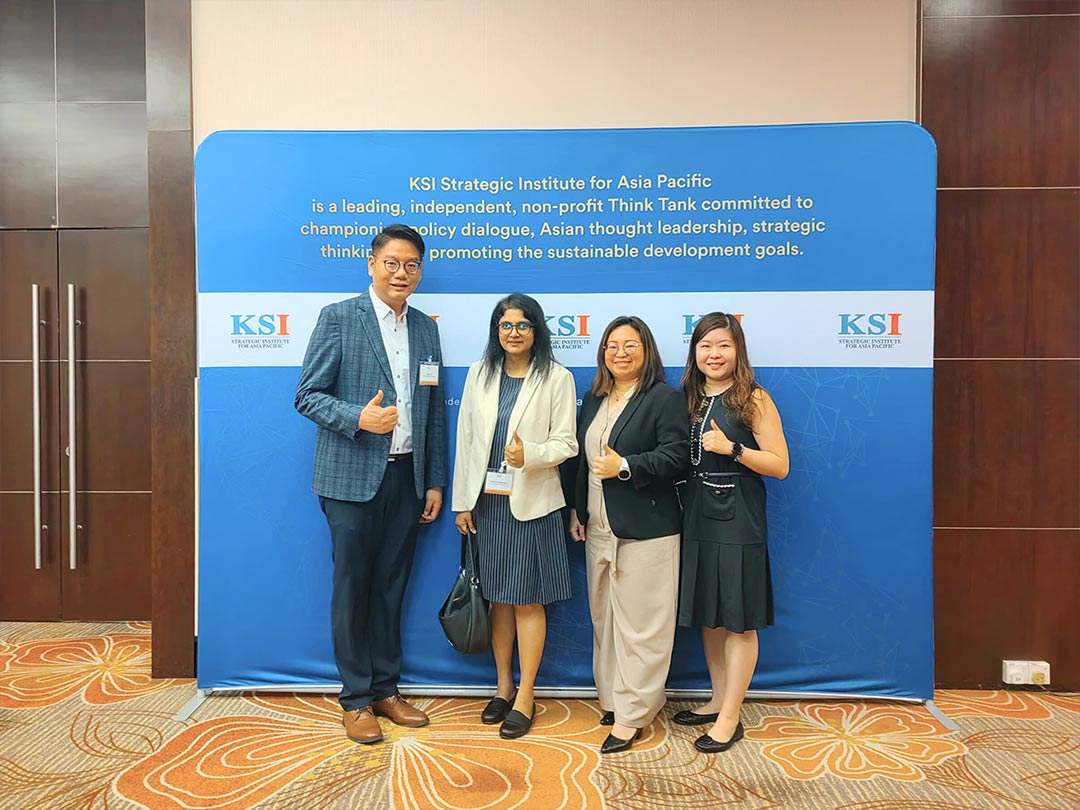Leaders from Southeast Asia gathered in Penang on 21 April for the Empowering Education Summit 2025, where calls grew louder for a more inclusive and integrated regional education framework.
Held at Jen Penang Georgetown by Shangri-La, the summit brought together policymakers, academic leaders, and international education partners to explore how ASEAN can better support student mobility, talent development, and long-term employability.
A key concern raised during the discussions was that existing mobility programmes often cater to a narrow group of students.
“It is not enough to design programs that only a few can afford. Real integration happens when education and mobility opportunities are extended to students from all backgrounds,” said Hemalatha Murugiah, Chief Executive of INTI International College Penang, during a panel on graduate readiness and cross-border employment.

Panellists at the Empowering Education Summit 2025 during the session “Towards an Integrated ASEAN Education Ecosystem”. (From left) Richard Lim, Vice-President, Group Corporate Affairs, UCSI Group; Tarun Nallu, Key Accounts Director, Coursera for Campus; Prof. Dr. Ong Kian-Ming, Pro Vice-Chancellor for External Engagement, Taylor’s University; Stephen Lai (Moderator), Chairman, Malaysia-China (Greater Bay Area) Science-Tech Innovation Alliance; and Hemalatha Murugiah, Chief Executive, INTI International College Penang.
She added that mobility across the region should be easier for young talent. “In ASEAN, students should be able to study in one country and work in another without lengthy visa processes or restrictive regulations,” she said. “Enabling graduates to move seamlessly across the region would foster a truly mobile and competitive workforce.”
The panel also explored the role of local ecosystems in supporting ASEAN’s education ambitions. Penang, with its strong foundation in technology and STEM industries, was noted as a state with potential to become a regional hub—if matched by investment in research, international faculty, and academic excellence.
Several speakers also discussed how stronger industry engagement could help address skills gaps. At INTI, ongoing collaboration with multinational companies such as IBM, Huawei, and others has contributed to graduate employability rates exceeding 90%.
“Our graduates are industry-ready—not just on paper, but in practice,” said Hemalatha. “We shape our curriculum in consultation with industry leaders and ensure our students are exposed to real-world skills.”

(From left to right) Damian Lee (Director of Student Experience), Hemalatha Murugiah (Chief Executive), Eng Ting Ting (Senior Manager, Human Resources), and Cheah Wan Theng (Interim Academic Director) representing INTI International College Penang at the Empowering Education Summit 2025.
Hemalatha also spoke about the evolution of INTI under Hope Education, a China-based education group with a growing presence across Asia and Europe. She credited this affiliation for elevating INTI’s global visibility and opening new international recruitment pathways, particularly from China.
As the summit concluded, participants reaffirmed the need for cross-border collaboration and policy shifts to ensure that education in ASEAN becomes not only more connected but also more equitable.